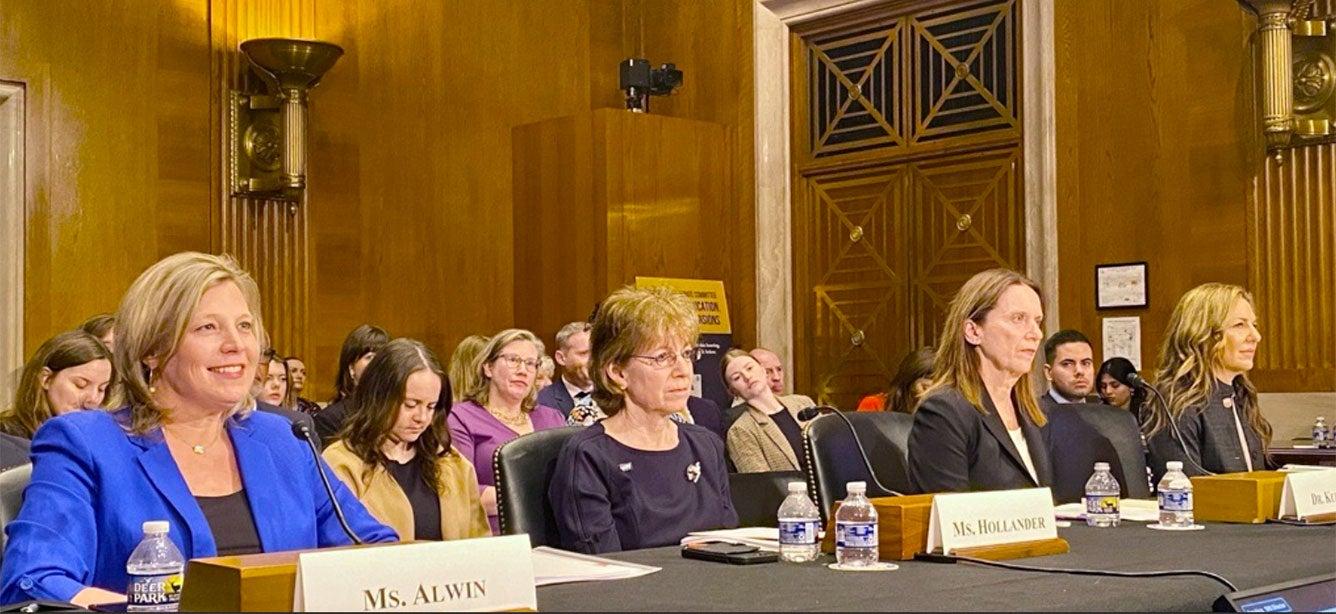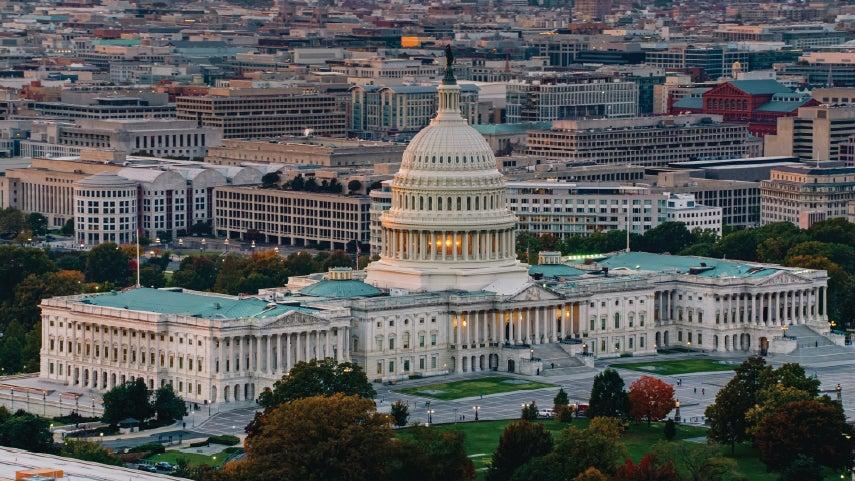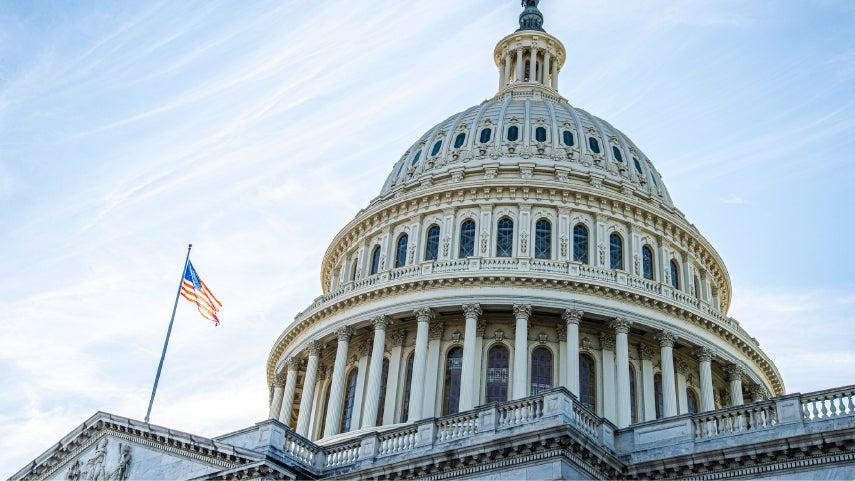Ramsey Alwin Testimony on How the Older Americans Act Supports Efforts to Meet the Needs of Older Adults
15 min read

Related Topics
The Older Americans Act (OAA) is up for reauthorization. NCOA is working diligently alongside national and local aging services network organizations to reauthorize the OAA and protect annual funding for its critical programs and resources. Supporting healthy aging, economic security, and senior centers are key reauthorization priorities for NCOA.
On March 7, 2024, NCOA President and CEO Ramsey Alwin testified before the U.S. Senate Committee on Health, Education, Labor & Pensions, stressing the importance of updating the law to meet the needs of today's older adults.
Review Alwin’s written testimony or watch the committee hearing.
Why is Older Americans Act reauthorization so important?
As Alwin said in her testimony, "Reauthorization of the OAA provides a critical opportunity to strengthen and revitalize its many important provisions. Previous bipartisan reauthorization efforts have created innovative new programs that have significantly improved the lives of older adults, their caregivers, and the Aging Network."
Those innovations have included creation of the National Center for Benefits Outreach and Enrollment, which supports a network of community-based organizations that find and low-income older adults in benefits programs they are eligible for. Thanks to this work, 4.7 million low-income older adults and people with disabilities were connected to benefits in 2023-2024. These benefits enable them to afford prescription drugs and other needed health care, as well as food and energy assistance.
What priorities does NCOA want to see in the OAA reauthorization?
In her testimony, Alwin gave specific recommendations about what should be included in the next OAA reauthorization bill:
- Healthy aging: Everyone deserves access to quality health care services that meet their needs. Many of these services can reduce or delay expensive hospital or nursing home admissions. Falls prevention, chronic disease self-management education (CDSME), and evidence-based healthy aging programs should be maintained.
- Economic security: Rising poverty rates among older adults point to the need for more support. Many older adults work beyond their anticipated retirement or must return to work. Yet age discrimination continues to create barriers to employment and training assistance. The Senior Community Service Employment Program (SCSEP), the only workforce development program for older workers, should be maintained.
- Senior centers: These centers play a vital role in supporting communities and connecting people with opportunities to age well and be socially connected. Congress and the administration must provide for flexibility in virtual senior center programming and strengthen the authorization for modernizing these community hubs.
"Through OAA Reauthorization, Congress has an opportunity and obligation to provide the focus and funding that will ensure that a modern senior center—one that addresses the needs of current and future generations of older adults in a way that is culturally meaningful—is available in every ZIP code," Alwin said.
Alwin also called for increased funding because "While demand for OAA services is growing and diversifying, OAA funding is not keeping pace. This financial reality has made it increasingly difficult for the aging network to maintain existing services, let alone expand."
Get more details about each of NCOA's OAA reauthorization priorities in Alwin's written testimony submitted to the Senate committee prior to the hearing.



